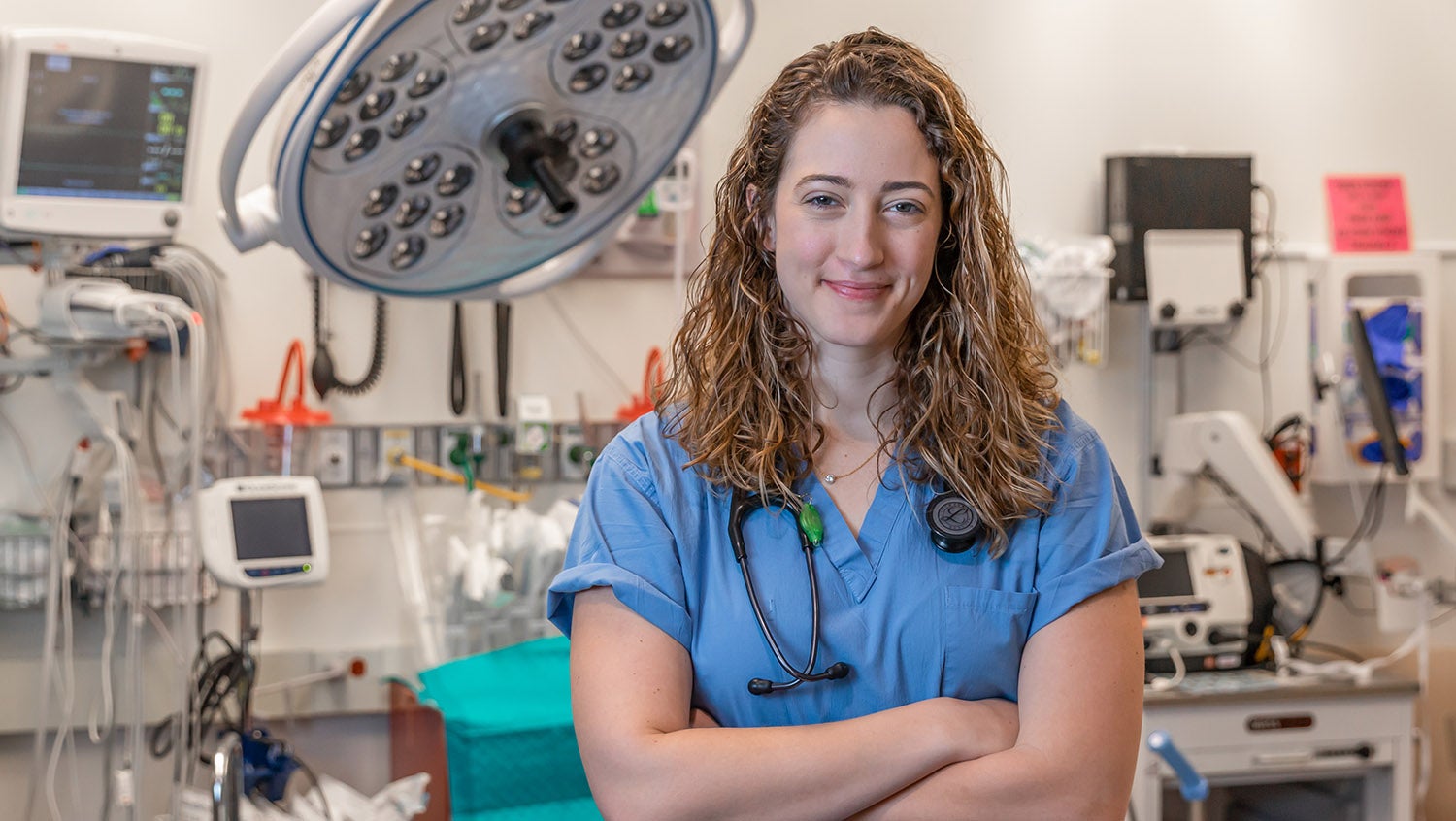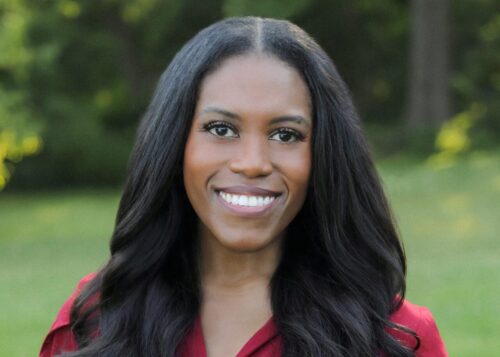
Adam Knee
The definition of what it means to be professional and a leader in medicine is still rooted in classically masculine traits. That needs to change.
“Project your voice.”
“Stop apologizing.”
“The patient doesn’t need to see your tears.”
“Are you asking a question, or are you making a decision?”
“Do you want to be a nurse and hold the patient’s hand or do you want to put on a pair of gloves and help?”
These are all things that have been said to me across the years in many different cities and different states. And I think they came from people with good intentions, people who wanted to help me develop into the type of person they thought would make a strong doctor and a strong leader. A very “doctorly” type of doctor. A strong jawline-d type of doctor.
But if you asked each of these people if empathy and compassion and collaboration were important parts of being an emergency medicine physician, they would say yes. So why were they discouraging these traits in me?
In medicine, we still have a very narrow definition of what it means to be professional and a leader, and it is rooted in classically masculine traits. It holds up one ideal as mandatory and it does not leave room for the wide range of strengths and characteristics that we have at our disposal as a cohort. The problem with this homogenized view of looking at things is two-fold: It is bad for doctors and it is bad for patients.
Madeline Brockberg, MD, delivered her talk as part of the Emergency Medicine Residents’ Association ’20 in 6′ Competition in Denver, Colo., on October 29, 2019.
So, how do we see this bias manifest? One way is in the evaluation of residents. A study in Journal of Graduate Medical Education published in 2017 found qualitative differences in the way males and females were evaluated in the emergency department. And an analysis of evaluation comments revealed that the “ideal” emergency medicine resident possesses many stereotypically masculine traits.
Another study published in Academic Emergency Medicine Education found gender differences in leadership styles among emergency medicine residents. While all residents reported that a very directive style of leadership was preferred, female residents reported discomfort with that style and higher levels of comfort with a collaborative and team-based approach. So why aren’t we just encouraging those residents to use that collaboration and team-based style?
This idea that there is one type of leader and one appropriate type of speech and one effective negotiation strategy is pervasive, not just in medicine, but also in the media. We see articles published that they tell women in powerful roles how to eliminate what are perceived to be female speech patterns, like upspeak and vocal fry. And websites like Forbes and Vice and the Harvard Business Review regularly publish papers that ask questions like, “Will upspeak hurt your career?”
But these papers don’t help women at all because all they do is ask women to lean out of their own strengths and into some previously accepted standard of an authoritative, commanding, and competitive individual. And it goes on and on and on. Don’t be the quiet girl on your away rotation. Don’t wear your hair down. Don’t let your tattoos show. Wear a long white coat so people take you seriously — plus, it covers your chest. Be grateful.
So why do these differences and evaluations and perceptions and advice even matter? Because we should be encouraging learners to identify their strengths and use those to their advantage. I think that it is time to say that is the old way and a new way is here. I do not have to choose between my femininity and my ability to be an excellent emergency medicine physician. I can be both soft and hard, empathetic and tough, caring and decisive. By doing that and by embracing my entire self, I can connect better to my patients and therefore provide better patient care.
I do not have to choose between my femininity and my ability to be an excellent emergency medicine physician.
My fear is that we have been encouraging students and residents and fellows to depersonalize themselves at the expense of our patients. I think it is time for us to say that your race or gender or sexual identity or disability are in fact essential to what make you an emergency medicine physician — and you do not need to wash yourself of those things when you step through the door of the emergency department.
Of course, none of this just applies to me and my own lens. I sincerely hope with this group, I don’t need to hammer home the important parts about why diversity is inherently valuable, but I do think it’s worth asking the question. If you are making efforts at your institution to increase diversity, but you are not making efforts to challenge the standard of what it means to be a physician and a leader, then are you helping your doctors, your patients, or just your statistics? Because what is any of this for, if not patient care?
We are tasked with the truly outstanding privilege of staffing one of the only places in the world that is open to all comers, day or night. And when prisons and schools cannot care for the people they have in their charge, those people end up on our doorstep. And they certainly do not fit a single mold.
So do I sound like the girl? Yes, and I’m proud to say so.
This content originally appeared on EMRA and is reposted with permission. Copyright 2019 Emergency Medical Residents’ Association.


